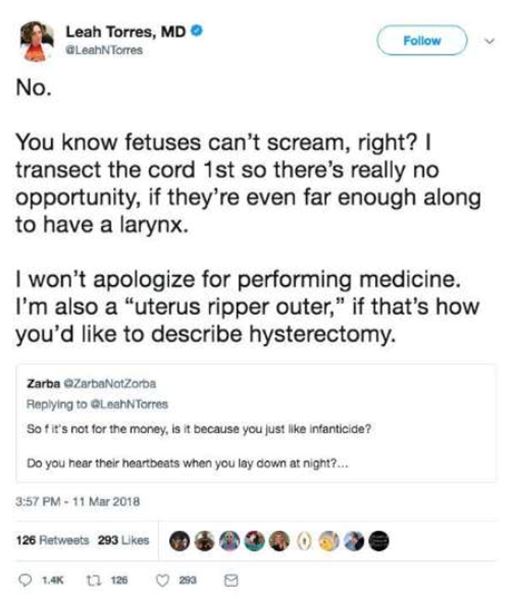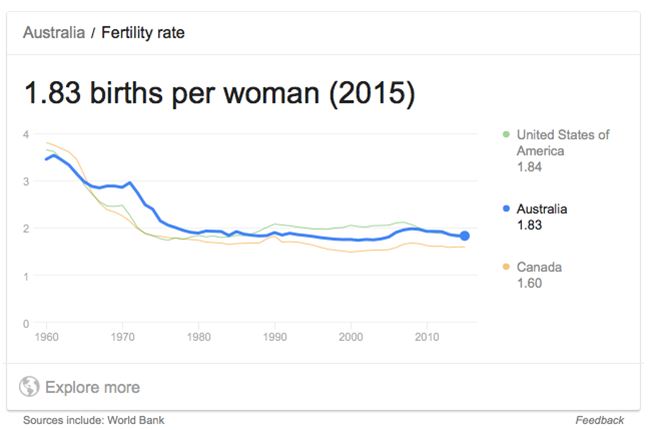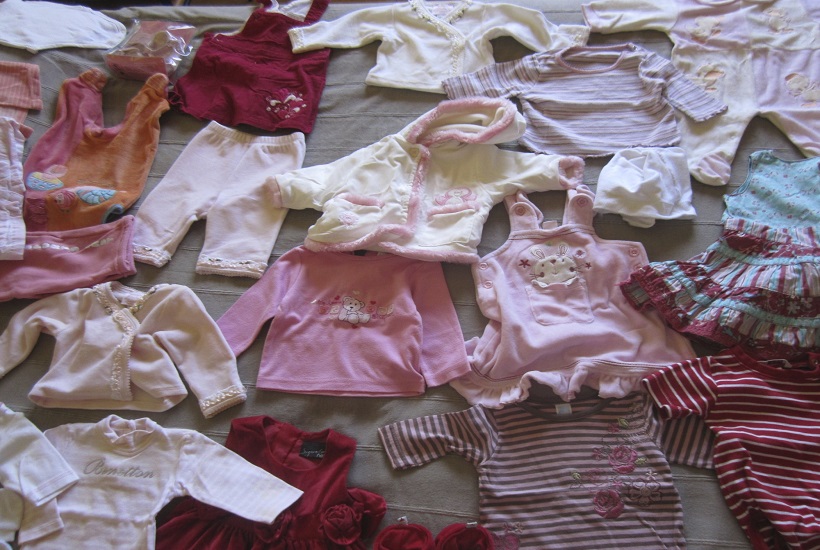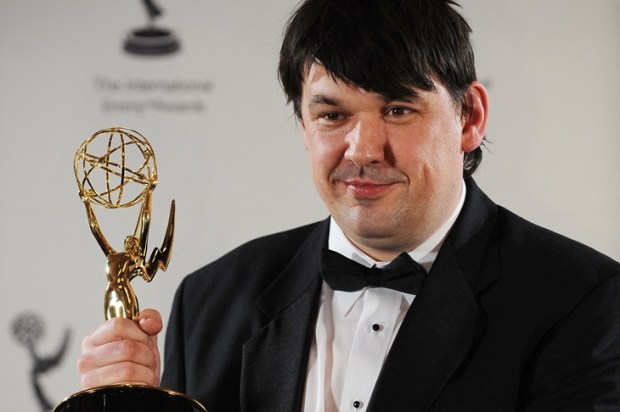The subject of abortion is once again in the news. And significantly, Brisbane lawyer and incoming Queensland senator Amanda Stoker and Liberal National party MP George Christiansen have both spoken out publicly against the practice. Christiansen was reported as saying “he was filled with shame when he learned the federal coalition gave $9.5 million to an international planned parenthood agency that he claimed made money from terminations.”
Whereas Ms Stoker said: “Children and babies may not be able to vote but we must ensure that they are heard and protected by all those who govern.”
But not everyone was as gracious with their words. In particular, Jackie Trad, the Deputy Premier of Queensland, accused Ms Stocker on Twitter of taking “to the streets to preach hate about women & their right to choose.” [See here for Stocker’s speech]
Augusto Zimmerman, one of Australia’s leading experts in constitutional law, has published a series of brilliant articles in Quadrant, where he persuasively explores the historical connection between Feminism and Nazi Germany—whom he provocatively labels as, “Feminazis”—as well as what Zimmerman refers to as Feminism and Gendercide.
Normally those who oppose abortion do so on religious grounds but there is a plethora of reasons why both conservatives and progressives should not support it. For example, Cynthia Isabell has written an excellent article, “How a Formerly Pro-Choice Nursing Instructor Discusses Abortion with her Students,” in The Torch, August 2, 2016.
What follows is a ten-point summary of Isabell’s arguments based on anatomy, physiology and logic rather than anything ‘religious’:
1 Because life begins at conception.
Isabell says that whenever she is asked the question, “When does life begin?” She always responds:
You know the answer to this question. How do you tell if something, such as a cell, is alive or not? The students answer correctly that “living cells grow and multiply.” …Within twenty-four hours of conception the zygote is dividing rapidly into many cells which will differentiate to form different parts of the human body.
Dead things do not do this. Dead cells do not replicate their DNA and multiply into more cells. They do not differentiate to become a brain, a heart, the liver, the skin, muscle and bone. Life begins at conception, when the fertilized egg begins to grow.
2 Because a foetus is actually a human being.
Isabell says that the next question people ask is, “When can it be considered a human?” And her reply:
What determines whether we are a human, rather than a bird or a zucchini? The answer to this is simple and they correctly reply that it is “our genetics, our DNA.” When the egg and the sperm join, this is the beginning of a new human, with its one set of DNA which also includes hair colour, eye colour, skin tone, fingerprints, and a multitude of other individual characteristics. The baby is genetically different from the mother, having only half of the DNA coming from her, and half from the father, a distinct human being.
3 Because abortion is [therefore] an act of murder.
Even feminists such as Antonia Senior openly acknowledge this. See her article, “Yes, Abortion is Killing. But It’s the Lesser Evil,” from The Times of July 1, 2010. Senior states:
What seems increasingly clear to me is that, in the absence of an objective definition, a foetus is a life by any subjective measure… Any other conclusion is a convenient lie that we on the pro-choice side of the debate tell ourselves to make us feel better about the action of taking a life.
However, Senior argues that the killing involved with abortion is the “lesser evil” compared to the greater one of not allowing a woman sovereign autonomy over her ‘reproductive rights’.
4 Because men – and women – should take responsibility for their bodies.
One of the fundamental tenants of the Pro-Choice camp is that a woman should have the right to be able to do whatever she likes with her own body. However, as Isabell explains:
The woman has every right to be in control of and responsible for her body…She has the right and responsibility to use methods to prevent conception if she does not want to become pregnant. Being in control also would include not engaging in activity which is known to lead to pregnancy, which is sexual intercourse…However, once a pregnancy occurs, it is no longer only the woman’s body that is in question, as the baby is not a part of her body.
All of which leads us directly to the fifth point…
5 Because a mother and her baby are not biologically one and the same thing.
What Isabell says here is worth quoting in full:
It’s the placenta and umbilical cord which separate the mother from the baby and prove that the foetus was never part of its mother’s body…The placenta and umbilical cord exist precisely because the baby has a different and separate circulatory system from the mother and their blood must not intermingle. If something happens, such as a traumatic injury, that causes their blood to mix, it can cause serious complications. If the foetus were not a separate human being but were only another part of its mother’s body, it would not need a placenta and umbilical cord to separate them. It could simply grow inside one of her body cavities like a tumour without any barriers between the two to protect each of them.
6 Because abortion is not a ‘consequence-free escape hatch’, even after rape or incest.
Isabell argues that abortion “…is an additional trauma for the woman, and so it compounds rather than ameliorates the trauma of rape.”
In fact, one major study has found that 75-80 per cent of women who become pregnant through a rape do not have an abortion. And for those who conceive through incest, the number is even higher. What’s more:
We must recognize that the children conceived through sexual assault also have a voice which deserves to be heard. Julie Makimaa, conceived by an act of rape, works diligently against the perception that abortion is acceptable or even necessary in cases of sexual assault. While sympathetic to the suffering her mother endured at the hands of her attacker, Julie is also rightfully proud of her mother’s courage and generosity. Regarding her own view of her origin, Julie proclaims: “It doesn’t matter how I began. What matters is who I will become.”
7 Because technically, abortion is never needed to save a mother’s life.
What Isabell states here is stunning:
My students also ask, “What about abortion in cases to save the mother’s life?” There are statistics reported that less than 1 per cent of abortions are performed to save the life or reduce health risks of the mother. This statistic is unreliable because it includes ectopic pregnancies which would not survive regardless because of where the placenta is implanted. The definition of an abortion is the termination of a human pregnancy to cause the death of a fetus, which is another reason why the removal of an ectopic pregnancy cannot be considered the same as an abortion. It is not performed for the sole purpose of ending the life of the fetus. This statistic also includes abortions done for the mother’s mental health, because she allegedly cannot handle the stress of a baby born with a genetic abnormality such as Trisomy 21 (Down Syndrome). Subtracting “abortions” to remove ectopic pregnancies and those which are performed for preserving a woman’s mental health, we find that statistic dwindle down to zero. As the Association of Pro-Life Physicians states, an abortion is never needed to save the life of a mother and this argument should not be used as a support for abortion.
8 Because the baby suffers unimaginable pain.
This is so obvious that it doesn’t need explaining, let alone describing. But if you’re not convinced, then maybe the following counter-example of as Tweet—since deleted—from Leah Torres, an outspoken abortionist, might be of help:
 9 Because everyone people should have the freedom to express their views.
9 Because everyone people should have the freedom to express their views.
This sounds counterintuitive because the accusation often levelled at those who are Pro-Life is that they are imposing their views on others. But clearly, Pro-Choice advocates are operating from a particular worldview and are arguing just as much for their views to be adopted as Pro-Life people are. So, it’s really a question of why should one view be allowed over another?
10 Because we are in danger of aborting ourselves out of existence.
Back in 2006, Danna Vale warned that with 100,000 abortions performed in this country every year, Australia was in danger of “aborting itself out of existence”. While at the time her comments were rejected as “dopey” and “offensive”, she has proven to be correct as the following chart indicates:
 I’ll never forget seeing the movie The Silent Scream when I was at university. Because I couldn’t. I just can’t sit through the entire screening without being overwhelmed with horror and sadness. The practice of abortion is a national shame, and Queensland shouldn’t change its law to make it legal.
I’ll never forget seeing the movie The Silent Scream when I was at university. Because I couldn’t. I just can’t sit through the entire screening without being overwhelmed with horror and sadness. The practice of abortion is a national shame, and Queensland shouldn’t change its law to make it legal.
Mark Powell is the Associate Pastor of Cornerstone Presbyterian Church, Strathfield.
Got something to add? Join the discussion and comment below.
Got something to add? Join the discussion and comment below.
Get 10 issues for just $10
Subscribe to The Spectator Australia today for the next 10 magazine issues, plus full online access, for just $10.


























Comments
Don't miss out
Join the conversation with other Spectator Australia readers. Subscribe to leave a comment.
SUBSCRIBEAlready a subscriber? Log in